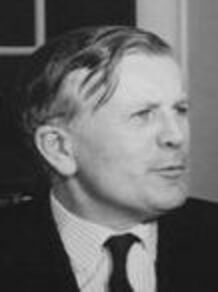
Joseph Grimond, Baron Grimond,, known as Jo Grimond, was a British politician, leader of the Liberal Party for eleven years from 1956 to 1967 and again briefly on an interim basis in 1976.

David Martin Scott Steel, Baron Steel of Aikwood, is a British politician. Elected as Member of Parliament for Roxburgh, Selkirk, and Peebles, followed by Tweeddale, Ettrick, and Lauderdale, he served as the final leader of the Liberal Party, from 1976 to 1988. His tenure spanned the duration of the alliance with the Social Democratic Party, which began in 1981 and concluded with the formation of the Liberal Democrats in 1988.
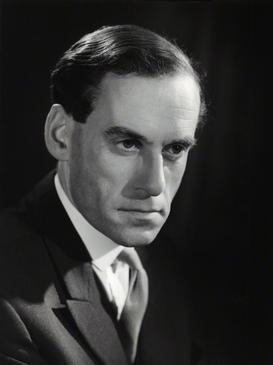
John Jeremy Thorpe was a British politician who served as the Member of Parliament for North Devon from 1959 to 1979, and as leader of the Liberal Party from 1967 to 1976. In May 1979 he was tried at the Old Bailey on charges of conspiracy and incitement to murder his ex-boyfriend Norman Scott, a former model. Thorpe was acquitted on all charges, but the case, and the furore surrounding it, ended his political career.

Alan James Beith, Baron Beith, is a British Liberal Democrat politician who represented Berwick-upon-Tweed as its Member of Parliament (MP) from 1973 to 2015.
The 1967 Liberal Party leadership election was called following the resignation of Jo Grimond, in the wake of disappointing results in the 1966 general election.
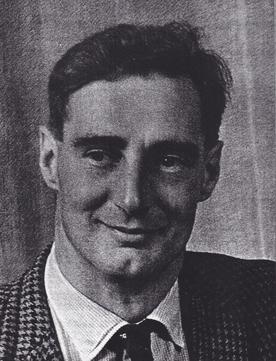
James Duncan Gordon Davidson was a British Liberal politician and farmer. He served as Member of Parliament for Aberdeenshire West from 1966 to 1970, when he chose not to stand again because of a family illness.
The Radical Reform Group was a pressure group inside the Liberal Party, set up in 1952 to campaign for social liberal and Keynesian economic approaches. According to Andrew Gamble, the Radical Reform Group believed that 'the task of Liberals was not to retreat from Social Liberalism but to propose ways in which the institutions and policies of the Welfare State and the managed economy could be improved and strengthened.'
The list that follows is the Liberal Democrats Frontbench Team/Shadow Cabinet led by Menzies Campbell from 2006 to 2007.
The list that follows is the Liberal Democrats Frontbench Team/Shadow Cabinet led by Charles Kennedy, who was Party leader from 1999 to 2006. The Party began to refer to its Frontbench Team as a Shadow Cabinet during Kennedy's tenure as leader.
The list that follows is the Liberal Democrats Frontbench Team/Shadow Cabinet led by Vince Cable, who was acting leader between 15 October and 18 December 2007, following the resignation of Menzies Campbell and prior to the election of Nick Clegg.
Members of the British Liberal Party's Frontbench Team from 1956 to 1967 :
Members of the British Liberal Party's Frontbench Team from 1976 to 1988 :
The list that follows is the Liberal Democrats frontbench team led by Paddy Ashdown, who was party leader from 1988 to 1999. Initially known as a frontbench team, the Lib Dems began to refer to their Frontbench Team as a "Shadow Cabinet" during the leadership of Ashdown's successor, Charles Kennedy, although the use of the term is controversial.

Neil Kinnock was Leader of the Labour Party and Leader of the Opposition from 2 October 1983 to 18 July 1992. He convincingly defeated Roy Hattersley, Eric Heffer, and Peter Shore in the 1983 leadership election, which was prompted by Michael Foot's resignation following the disastrous general election result earlier that year. Kinnock's period as Leader encompassed the bulk of the Thatcher premiership and the first two years of the Major premiership. Kinnock resigned in 1992 after losing his second election as Leader.
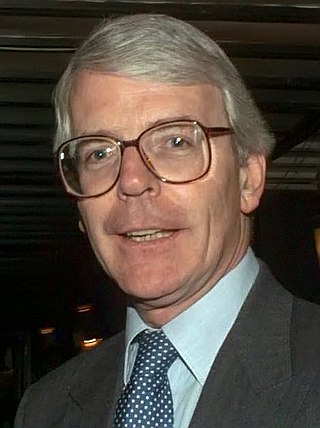
The 1992 Dissolution Honours List was gazetted on 5 June 1992 following the advice of the Prime Minister, John Major.

The 1997 Dissolution Honours List was gazetted on 18 April 1997 following the advice of the outgoing Prime Minister, John Major. The only honours in this list were 21 life peerages.

The 1983 Dissolution Honours List was gazetted on 21 July 1983 following the advice of the Prime Minister, Margaret Thatcher.
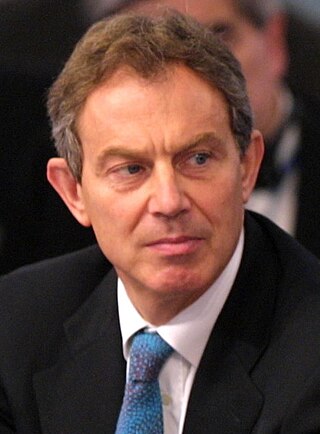
The 2001 Dissolution Honours List was gazetted on 2 June 2001 prior to the General Election of the same year by the Prime Minister, Tony Blair.

Jeremy Corbyn assumed the position of Leader of the Opposition after being elected as leader of the Labour Party on 12 September 2015; the election was triggered by Ed Miliband's resignation following the Labour Party's electoral defeat at the 2015 general election when David Cameron formed a majority Conservative government. The usual number of junior shadow ministers were also appointed.

The 2005 Dissolution Honours List was issued after the General Election of the same year on the advice of the Prime Minister, Tony Blair.